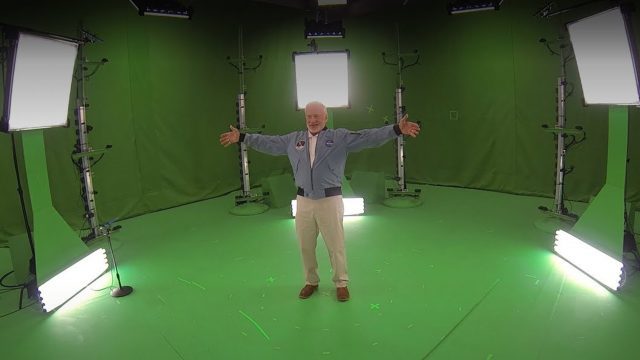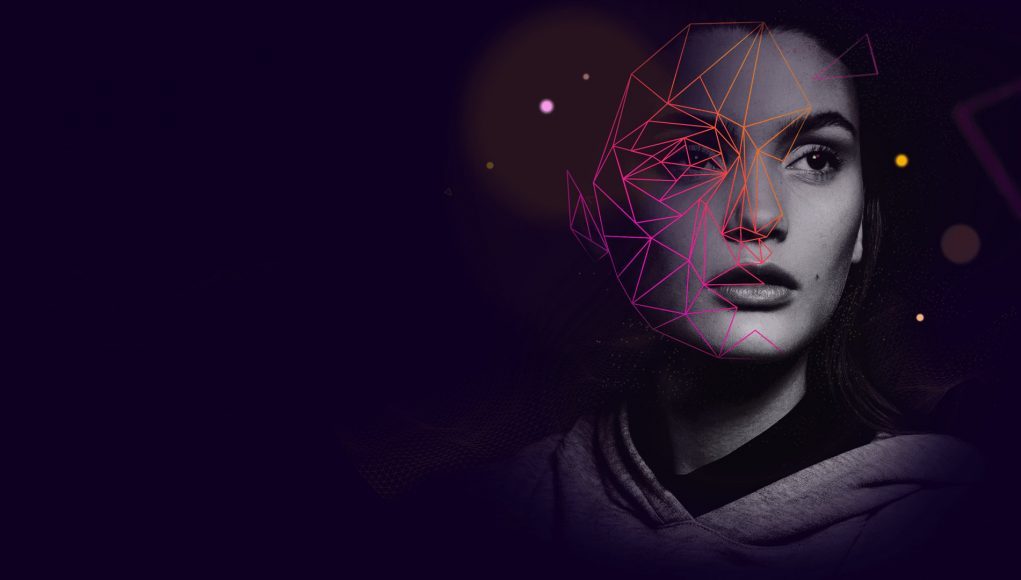Arcturus, a company building tools for editing and distributing volumetric video, today announced it has raised a $5 million seed investment.
Distinct from stereoscopic video, volumetric video is fully three-dimensional and can be viewed from all angles, which makes it potentially well suited for use in augmented and virtual reality. Volumetric video isn’t yet widespread, owed to challenges with capture, storage, editing, and distribution.
With its ‘Holosuite’—HoloEdit, HoloCompute, and HoloStream—Arcturus hopes to streamline the use of volumetric video, by making it easy to edit, manage, and stream.
The company today announced a $5 million seed investment led by BITKRAFT Ventures with participation HBSE Ventures, NTT Docomo Ventures, Build Ventures, Marc Merril and Craig Kallman.
Arcturus says the funds will be used to “scale the software development team, focus efforts on sales growth, and expand the product line with an emphasis on live-streaming features.”
“Arcturus’ mission is to create a future where digital human holograms are captured from reality, customized and even interact with the viewer in real time. This can take the form of digital customer service agents, human avatars, virtual 3D concerts and fashion runways, or giving access to the perspectives of professional athletes in broadcast sports,” says Arcturus CEO, Kamal Mistry. “With the backing of BITKRAFT Ventures, true leaders in games and XR investments, we are confident Arcturus will serve as a catalyst to enable widespread accessibility to volumetric video creation, enabling millions of users to create a new form of interactive content.”
Capturing live-action volumetric video remains a complex process, often requiring dedicated light-stages with tens if not hundreds of cameras surrounding the subject. The resulting datasets are also massive compared to traditional or even stereoscopic video.

But that could well change in the future thanks to developments in both hardware and software.
Researchers in recent years have shown compelling results using machine learning approaches to reconstruct volumetric video from traditional video footage. Hardware built specifically for capturing volumetric data—like Microsoft’s Azure Kinect or Apple’s LiDAR-equipped phones & tablets—could streamline the capture process and expand the use-cases of volumetric video from dedicated capture stages to less complex productions.
Arcturus doesn’t deal in the actual capture of volumetric video, but it’s counting on the growth in the demand for volumetric video and wants to be ready with its suite of tools for creators to store, edit, and stream the content. But with the freshness of this tech it isn’t something individual users will be using for some time to come—that much is clear from Arcturus’ Holosuite pricing, which runs a cool $7,500 per year, per user.







